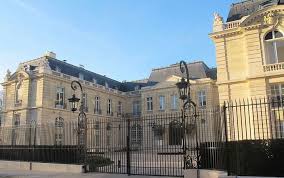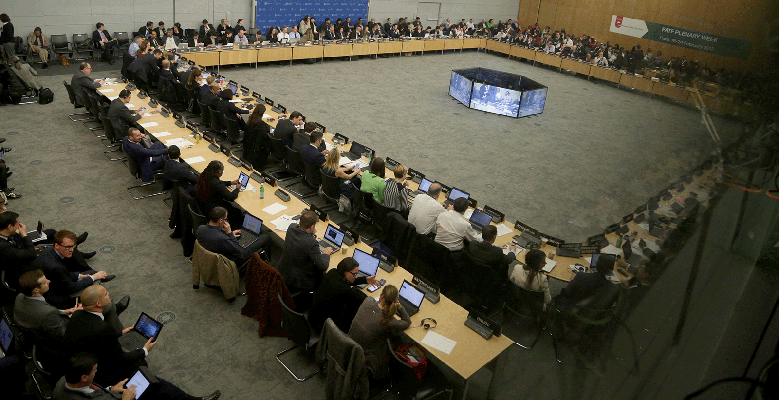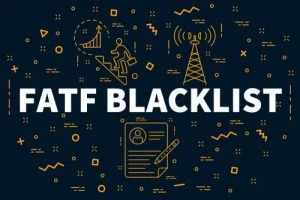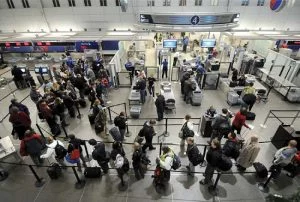Here we will cover why we need to provide due diligence and know-your-client information. Why you need to provide your ID and prove that the money was acquired legally, etc. Institutions require due diligence for offshore banking and offshore company and trust formation. We will give you a background as to who is requiring these documents and why.
I have been in the international banking, trust and company formation business since 1991. Our company was formed in 1906. As of this writing we have over 65,000 clients in our database and are the leading asset protection company worldwide.

Due Diligence and the OECD
So, here is the main organization that makes the banks, trust companies and corporate providers follow these requirements. The Organisation for Economic Co-operation and Development is an intergovernmental economic organisation with 37 member countries. It was founded in 1961 to stimulate economic progress and world trade.

In 1989, the OECD created the Financial Action Task Force (on Money Laundering) (FATF), another inter-governmental organization (meaning many countries together) and its purposes is to combat money laundering; and in 2001 to also stop the funding of terrorism. It implements its recommendations as mutually agreed by member countries. The FATF office is housed at the OECD headquarters in Paris.
The 2003 Forty Recommendations require countries, among other things, to: implement customer due diligence (for example, identity verification) and record keeping, plus 9 special recommendations.
Here are some examples of the recommendations or requirements, in actual practice, in order to form a company, offshore trust or open a bank account:
- Providing a notarized photocopy of your passport to prove identity
- An original utility bill bearing your residential address
- A reference letter from your existing bank and/or letter from an attorney and/or accountant
- Safeguards to help prevent illegal funds from going through the financial system.

FATF Blacklist
In 2000 it issued a list of non-cooperative countries commonly called the “FATF Blacklist” that did not comply with the guidelines. Such a jurisdiction is put under under intense financial pressure such as limiting the country’s ability to borrow from the International Monetary Fund, downgrading their debt rating, limiting their access to bond markets, correspondent banks ending relationships so their banks cannot wire funds in US dollars or Euros, effectively crippling their economies and impoverishing their people. I have personally witnessed this happening.
As a result, their governments will pull the licenses of non-cooperative banks, corporate providers, law firms and trustees. Hotels, restaurants, doctors offices, food stores, gas stations that use that bank and whatever type of business you may be would not be able to process credit cards or payments…putting hundreds out of work, including the person who is reviewing your bank account, trust or company application for compliance.
I have personally traveled walked into dozens of offshore banks and trust companies have personally witnessed the fear on their faces as they undergo their annual audits making sure they have every document for every customer…and that they are not accepting any customers who have an inkling of a possibility of handling any illegal proceeds. For even one violation they face stiff fines, loss of license to do business and the ends of their careers.

Due Diligence Airliner Analogy
Like getting on a standard commercial airliner to take a trip we must go through security screening if we want to get on that airplane. So, we have a choice. Among other things, we can put our bags on the conveyor belt walk through the body scanner and follow whatever other directions given by the personnel. We can get a special security clearance to lighten the load, or we can stand there beating our chests, yelling at the officials that they are wasting our time, complaining that we are good people, not terrorists and shouldn’t have to be subject to such scrutiny. As you know, they don’t care. If you want to go to Paris or Dallas or visit your family on a standard flight, you have to follow their procedures whether you are a good person or not.
So, when you set up a company, trust or bank account, we can stomp your feet and wonder why it is taking too long or we can simply go through the checklist one at a time and get the job done.
No bank president is going to tell an FATF international inspector, “this customer got mad that it was taking too long so we gave him a pass.” That’s why we don’t have a copy of his reference letters. A banker like that will be out on the street looking for work. The president or prime minister will likely not win re-election due to economic ruin of his or her country. Just like the security screeners at the airport, the bankers are not going to make exceptions because you or I are somehow special.

Conclusion
The items are relatively easy. It’s not brain surgery and nobody is asking you to dig a tunnel with your bear hands between New York and Los Angeles. All you have to do is make a few phone calls for reference letters, make a few photocopies, visit a notary public and sticking them in an envelope. It’s a small effort for the tremendous benefits of asset protection services for lawsuit protection, investment opportunities, financial privacy, and business expansion that international finance may bring to your life. So, go through the checklist one at a time and I’m sure you will find it easy to accomplish. If you are a client with questions, please feel free to give one of us a call. We are glad to help you.



